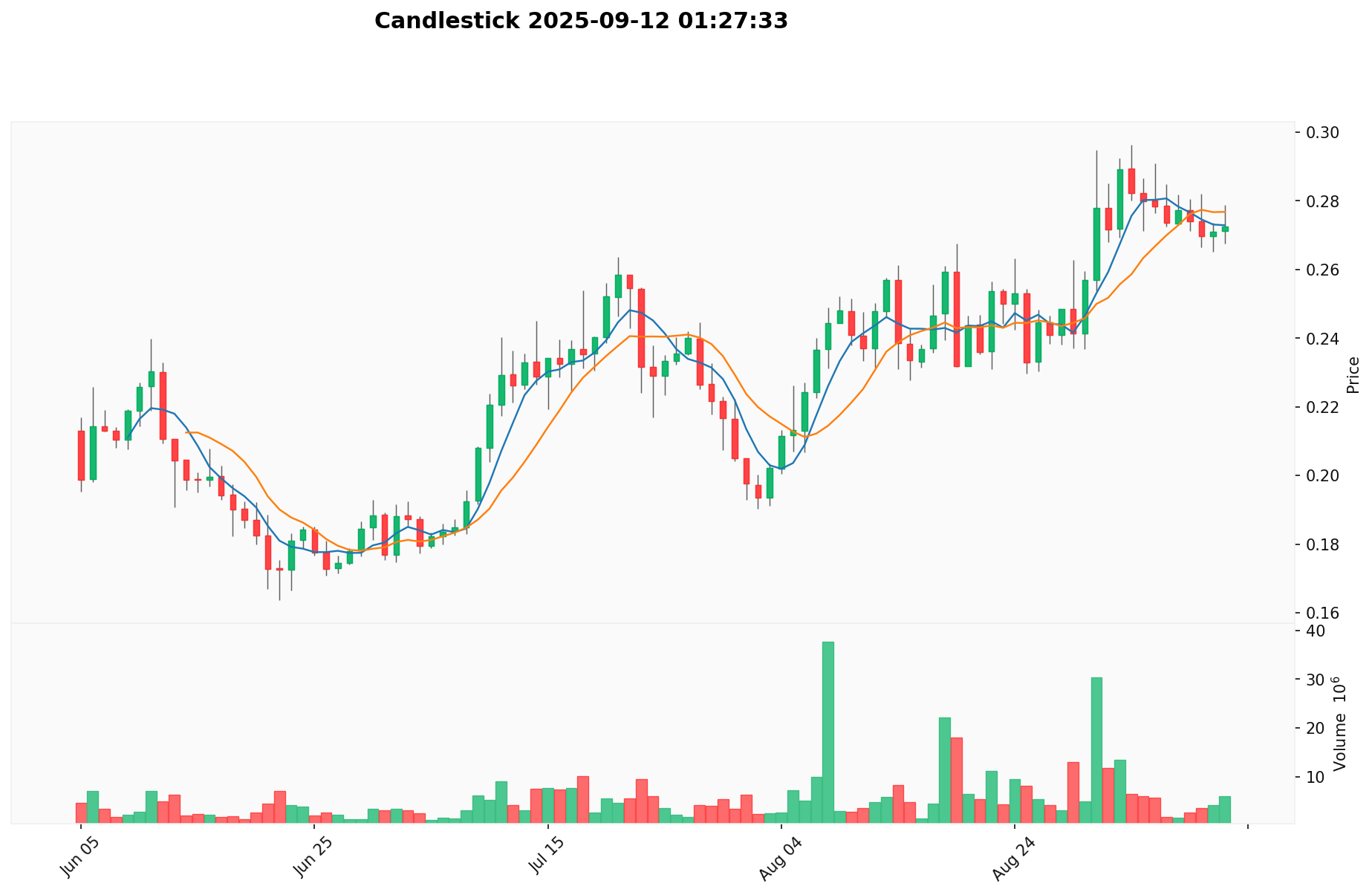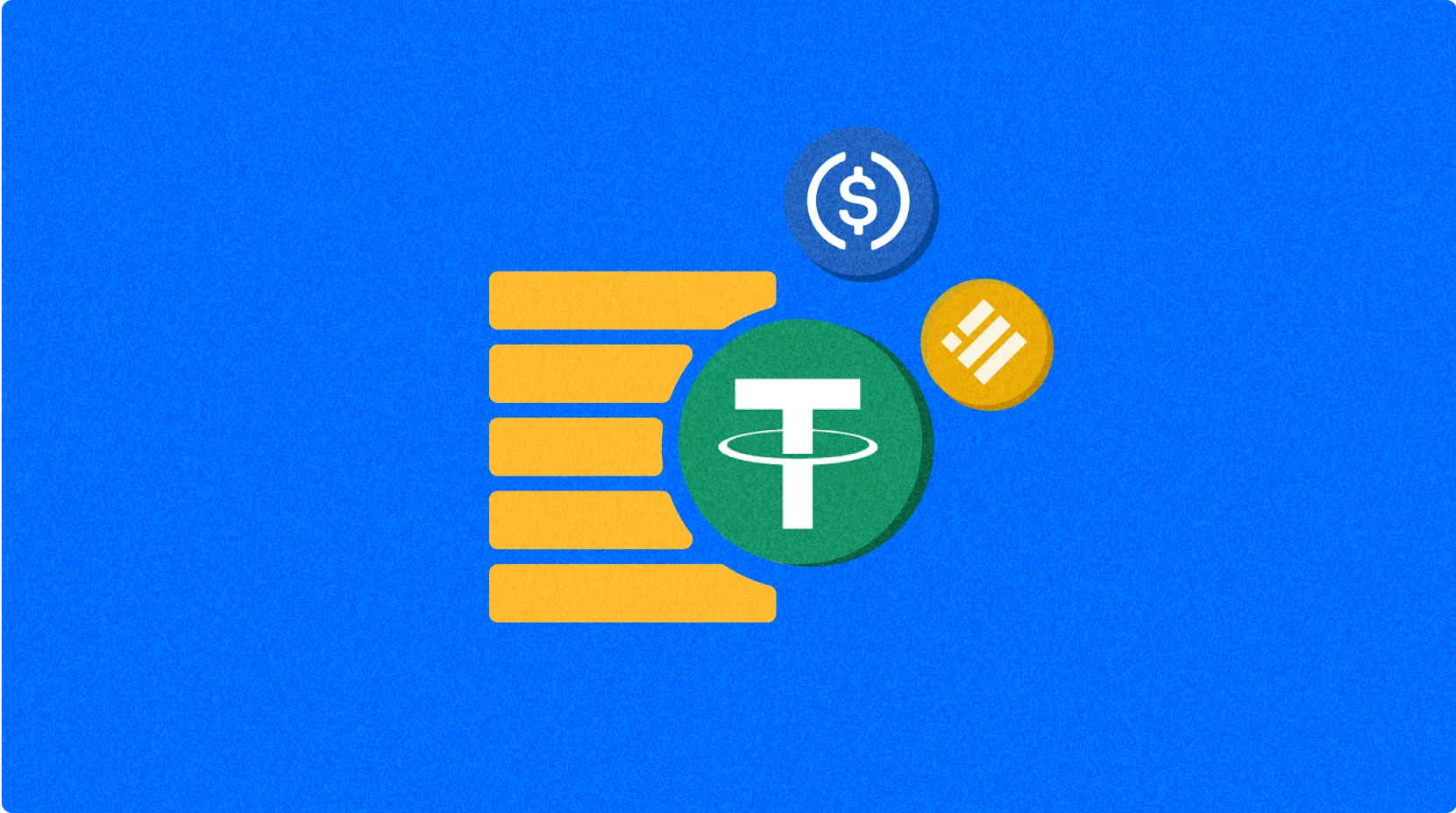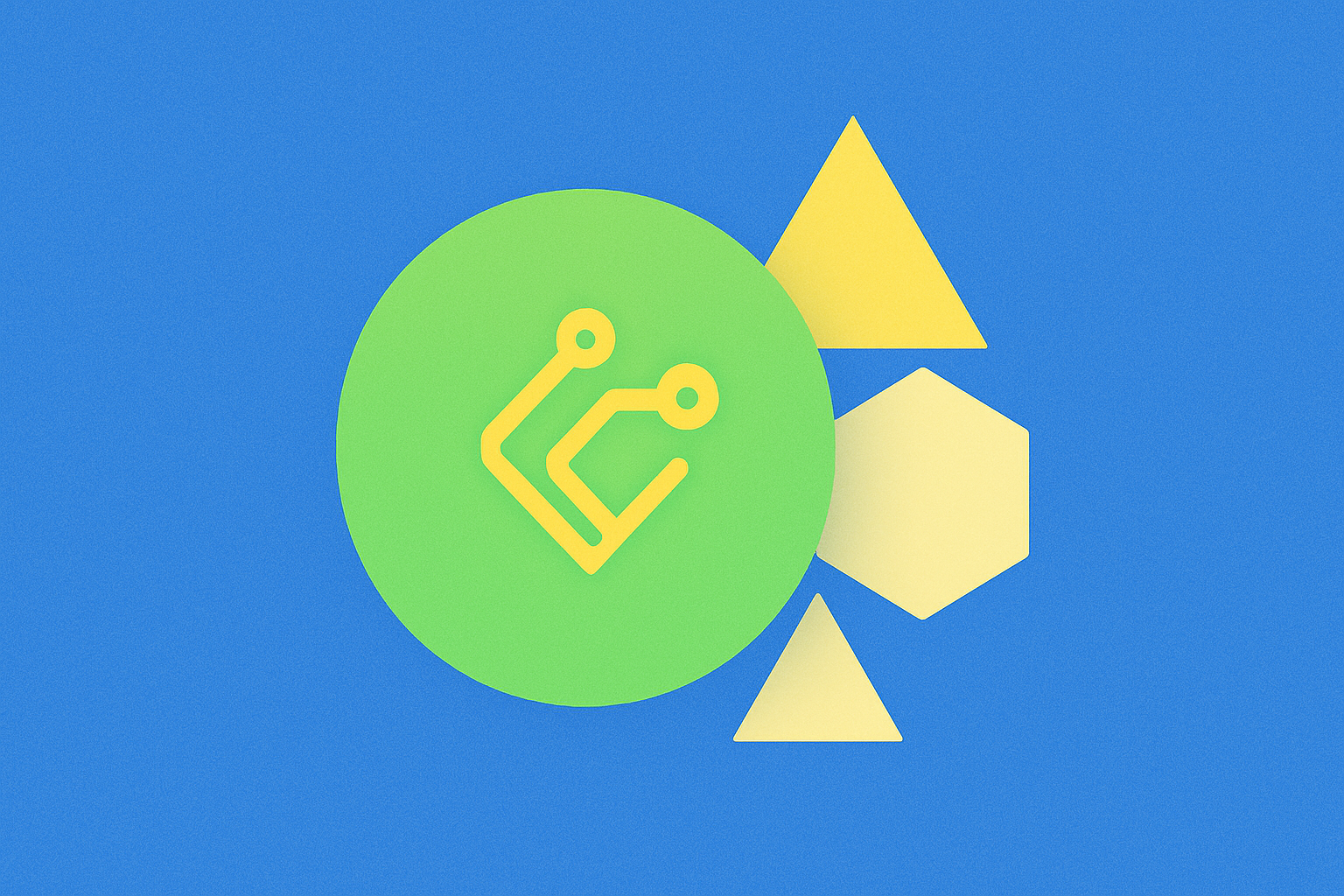POL nedir: Konum Kanıtı (Proof of Location) ve Modern Blok Zinciri Ağlarındaki Uygulamaları

Polygon Ekosistem Token’ının Konumu ve Önemi
2025 yılında Polygon, Polygon Ekosistem Token’ını (POL) tanıttı ve Ethereum’daki ölçeklenebilirlik sorunlarını ve yüksek işlem maliyetlerini çözmeyi hedefledi.
Bir Ethereum için katman-2 ölçeklendirme çözümü olarak Polygon Ekosistem Token, DeFi, NFT ve Web3 ekosistemlerinde merkezi bir rol oynamaktadır.
2025 itibarıyla, Polygon Ekosistem Token piyasa değeriyle ilk 100 kripto para arasına girmiş, geniş bir kullanıcı tabanına ve aktif bir geliştirici topluluğuna sahip olmuştur. Bu makalede token’ın teknik mimarisi, piyasa performansı ve gelecek potansiyeli ele alınacaktır.
Kökeni ve Gelişim Süreci
Oluşum Arka Planı
Polygon Ekosistem Token, 2025 yılında Polygon ekibi tarafından Ethereum’un ölçeklenebilirlik problemleri ve yüksek gas ücretlerini çözmek amacıyla geliştirildi.
Token, daha verimli ve uygun maliyetli blokzincir çözümlerine olan yoğun talep ile, kullanıcıya akıcı bir deneyim sunmak ve Ethereum’u internet ölçeğine taşımak amacına dayanarak hayata geçirildi.
Polygon Ekosistem Token’ın piyasaya sürülmesiyle Ethereum ekosistemindeki geliştiriciler ve kullanıcılar için yeni fırsatlar ortaya çıktı.
Önemli Kilometre Taşları
- 2025: Mainnet’in devreye alınması, tüm Polygon protokollerinin sıfır bilgi (ZK) teknolojisiyle entegre edilmesi.
- 2025: Büyük güncelleme (Polygon 2.0) ile topluluk yönetiminde daha fazla merkeziyetsizlik, token güncellemesi ve çok katmanlı ağ mimarisi sunuldu.
Polygon topluluğu ve geliştirici ekibinin desteğiyle, Polygon Ekosistem Token’ın teknoloji, güvenlik ve gerçek yaşam uygulamaları sürekli olarak optimize edilmektedir.
Polygon Ekosistem Token Nasıl Çalışır?
Merkezi Kontrol Yok
Polygon Ekosistem Token, dünya çapına yayılmış merkeziyetsiz düğümlerden oluşan bir ağ üzerinde çalışır; bankalar veya hükümetler tarafından kontrol edilmez. Bu düğümler, işlemleri doğrulamak için birlikte çalışarak sistemin şeffaflığını ve saldırılara karşı dayanıklılığını sağlar, bu sayede kullanıcılara daha fazla özerklik ve ağın direncinde artış sunar.
Blokzincir Temeli
Polygon Ekosistem Token’ın blokzinciri, tüm işlemlerin kaydedildiği kamuya açık, değiştirilemez bir dijital defterdir. İşlemler bloklar halinde gruplanır ve kriptografik hash’lerle bağlanarak güvenli bir zincir oluşur. Herkes kayıtları inceleyebilir; bu da aracıya gerek kalmadan güven sağlar. Özel ZK teknolojisi ve çok katmanlı mimarisi performansı daha da artırır.
Adaletin Sağlanması
Polygon Ekosistem Token, işlemleri doğrulamak ve çifte harcama gibi sahtekarlıkları önlemek için Proof of Stake (PoS) konsensüs mekanizmasını kullanır. Doğrulayıcılar ağ güvenliğini, token stake ederek ve düğüm işleterek sağlarken, ödül olarak Polygon Ekosistem Token kazanır. Token’ın yenilikleri arasında daha iyi enerji verimliliği ve üstün işlem kapasitesi bulunur.
Güvenli İşlemler
Polygon Ekosistem Token, işlemleri korumak için açık-özel anahtar kriptografisi kullanır:
- Özel anahtarlar (bir tür gizli şifre) işlemleri imzalamak için kullanılır
- Açık anahtarlar (bir tür hesap numarası) sahipliği doğrulamak için kullanılır
Bu mekanizma fonların güvenliğini sağlarken işlemler pseudonymous kalır. ZK teknolojisi ise ek gizlilik ve güvenlik imkanı sunar.
POL’un Piyasa Performansı
Dolaşım Özeti
12 Eylül 2025 itibarıyla POL’un dolaşımdaki miktarı 10.496.230.792,90537 token’dır, toplam arzı da 10.496.230.792,90537’dir. Maksimum arz sınırsız olup bu, enflasyonist bir yapıya işaret etmektedir.
Fiyat Dalgalanmaları
POL, 22 Nisan 2024 tarihinde 1,5711 ABD Doları ile tüm zamanların en yüksek seviyesine ulaştı; bu, muhtemelen Polygon ekosisteminin artan benimsenmesi ve piyasa iyimserliğiyle ilişkilidir.
En düşük fiyatını ise 16 Kasım 2023’te 0,0921 ABD Doları ile gördü; bu düşüş daha geniş piyasa gerilemesi veya Polygon ağındaki belirli zorluklarla ilgili olabilir.
Bu dalgalanmalar, piyasa hissiyatı, benimsenme trendleri ve Polygon ekosistemini etkileyen dış faktörlerin yansımasıdır.
Güncel POL piyasa fiyatını görüntülemek için tıklayın

Zincir Üzeri Veriler
Veri eksikliği nedeniyle, günlük işlem hacmi, aktif adres sayısı ve stake oranı gibi zincir üzeri metrikler bu bağlamda sunulamamaktadır.
Polygon Ekosistemindeki Uygulamalar ve İş Ortaklıkları
Temel Kullanım Alanları
Polygon ekosistemi çeşitli uygulamalara zemin hazırlamaktadır:
- DeFi: QuickSwap gibi projeler ile merkeziyetsiz alış-satış işlemleri yapılabilir.
- NFT’ler: OpenSea gibi platformlar Polygon üzerinde çalışarak dijital koleksiyonların yaygınlaşmasını sağlar.
Stratejik İş Birlikleri
Polygon, Ernst & Young, Adobe ve Stripe gibi şirketlerle iş birliği sayesinde teknolojik kapasitesini ve pazar etkisini güçlendirmiştir. Bu ortaklıklar, Polygon ekosisteminin büyümesi için sağlam bir temel oluşturur.
Tartışmalar ve Zorluklar
Polygon aşağıdaki zorluklarla karşı karşıyadır:
- Teknik Sorunlar: Ölçeklenebilirlik sınırları ve işlem gecikmeleri
- Regülasyonel Riskler: Potansiyel yasal denetimler
- Rekabet Baskısı: Diğer katman-2 çözümlerinin yükselişi
Bu konular toplulukta ve piyasada tartışmalara yol açarak, Polygon’un sürekli yenilik yapmasını teşvik etmektedir.
Polygon Topluluğu ve Sosyal Medya Ortamı
Topluluk Coşkusu
Polygon’un topluluğu canlıdır; günlük işlem hacmi milyonlarla ifade edilmektedir.
X platformunda ilgili gönderiler ve #Polygon etiketi sıklıkla gündeme girer, aylık paylaşım sayısı yüz binlerdedir.
Yeni özellik duyuruları ve iş birlikleri topluluk heyecanını artırır.
Sosyal Medya Duyarlılığı
X üzerindeki duyarlılık kutuplaşmıştır:
- Destekçiler, Polygon’un ölçeklenebilirliğini ve düşük ücretlerini övüp onu “Ethereum ölçeklendirmesinin geleceği” olarak nitelendiriyor.
- Eleştirmenler ise merkezileşme kaygıları ve ağ tıkanıklığı sorunlarına odaklanıyor.
Son dönemde, piyasanın yükselişe geçtiği dönemlerde genellikle olumlu bir hava hakim.
Gündemdeki Konular
X kullanıcıları, Polygon’un ZK teknolojisindeki ilerlemeleri, ekosistem büyümesi ve Ethereum ile entegrasyonu üzerine aktif şekilde tartışıyor, bu da projenin dönüştürücü potansiyelini ve kitlesel benimsenme önündeki zorlukları göz önüne seriyor.
Polygon Hakkında Daha Fazla Bilgi Kaynağı
- Resmi Web Site: Özellikler, kullanım alanları ve en güncel bilgiler için Polygon’un resmi web sitesini ziyaret edin.
- White Paper: Polygon white paper teknik mimarisi, hedefleri ve vizyonu hakkında kapsamlı bilgi sunar.
- X Güncellemeleri: Polygon X’te @0xPolygon hesabını kullanır, 12 Eylül 2025 itibarıyla 6,7 milyon takipçisi vardır. Paylaşımlarında teknoloji yükseltmeleri, topluluk etkinlikleri ve yeni iş birlikleri aktarılır ve binlerce beğeni ile retweet elde edilir.
Polygon Gelecek Yol Haritası
- 2026: zkEVM ana ağının hayata geçirilmesiyle işlem hızı ve gizliliğin artırılması
- Ekosistem Hedefi: 10.000 DApp’ı desteklemek ve 1 milyar kullanıcıya ulaşmak
- Uzun Vadeli Vizyon: Ethereum ölçeklendirme ve Web3 altyapısında standart olmak
Polygon’a Nasıl Katılabilirsiniz?
- Alım Kanalları: POL’u Gate.com üzerinden satın alın
- Saklama Çözümleri: Güvenli saklama için MetaMask kullanabilirsiniz
- Yönetişime Katılım: Polygon’un yönetişim forumu üzerinden topluluk kararlarına katkı sağlayın
- Ekosistem Gelişimi: Polygon geliştirici portalından DApp geliştirin veya kod katkısı yapın
Özet
Polygon, yüksek işlem kapasitesi, düşük ücretler ve Ethereum uyumluluğu ile blokzincir ölçeklendiriciliğinde çıtayı yükseltiyor. Aktif topluluğu, zengin kaynakları ve güçlü piyasa performansı ile kripto ekosisteminde öne çıkıyor. Teknik ve rekabete dayalı zorluklara rağmen, Polygon’un yenilikçi yapısı ve sağlam yol haritası, onu merkeziyetsiz teknolojinin geleceğinde ön plana çıkarıyor. İster yeni başlayan ister deneyimli bir kullanıcı olun, Polygon’u yakından takip etmek ve ekosisteme katılmak için pek çok neden var.
SSS
POL ne demektir?
POL, DeFi’da likidite havuzlarında yeterli likiditeyi temin ederek piyasanın istikrarı ve verimliliğini artıran ‘Likidite Kanıtı’ (Proof of Liquidity) mekanizmasını ifade eder.
Tıpta POL nedir?
POL, doktorların hasta bakımı ve tedavisi için tanı testleri yaptığı ‘Doktor Ofisi Laboratuvarı’na (Physician Office Lab) karşılık gelir.
İş dünyasında POL neyi anlatır?
İş dünyasında POL, yükün gemiye yüklendiği lokasyonu belirten ‘yükleme limanı’ (port of loading) anlamındadır ve lojistik ile uluslararası ticarette temel bir terimdir.
Kriptoda POL nedir?
POL, Polygon blokzincirinde işlemler ve yönetişimde kullanılan, Ethereum uyumluluğu sağlayan Polygon’un yerel ERC-20 token’ıdır.

OP nedir: Popüler internet kısaltmasının ve çeşitli anlamlarının kapsamlı bir şekilde açıklanması

LINEA nedir: Ethereum’un Gelecek Vaat Eden Katman 2 Ölçekleme Çözümünü Keşfetmek

Gate Layer: 2025 Yılında Öne Çıkan En İyi Layer 2 Ağ Çözümlerini Keşfedin

Ethereum Fiyat Eğilimleri ve Geleceğe Yönelik Görünüm Analizi

OP nedir: Popüler internet jargonunun ve çeşitli anlamlarının anlaşılması

2025 yılında on-chain veri analizi, kripto para piyasasındaki eğilimleri nasıl gün yüzüne çıkarabilir?

Ethereum, Tokenleştirilmiş Finans Zincir Üzerine Taşınırken Kurumsal Momentum Kazanıyor

Kripto Haberler Bugün: Piyasa Akışları, Ortaya Çıkan Trendler ve Dijital Varlıkları Şekillendiren Anahtar Sinyaller

0G (0G) yatırım için uygun mu?: Piyasa Potansiyeli, Riskler ve Gelecek Beklentilerinin Kapsamlı Analizi

Ultima (ULTIMA) güvenli bir yatırım mı?: 2024 yılı özelinde tokenomik yapısı, piyasa potansiyeli ve risk faktörlerine dair ayrıntılı değerlendirme

GUSD (GUSD) yatırım için uygun mu?: Gemini Dollar'ın Potansiyeli ve Risklerinin Detaylı Analizi







